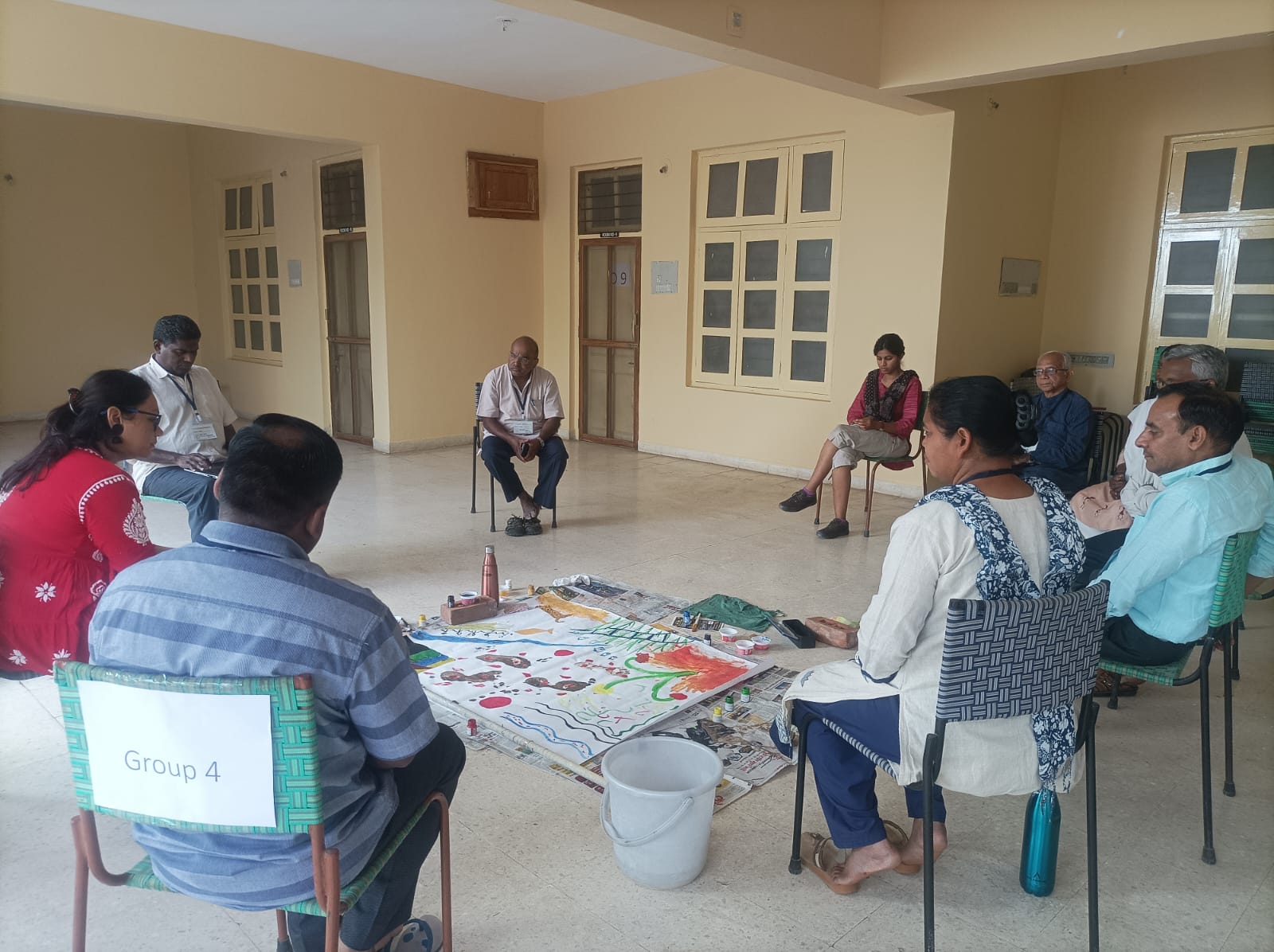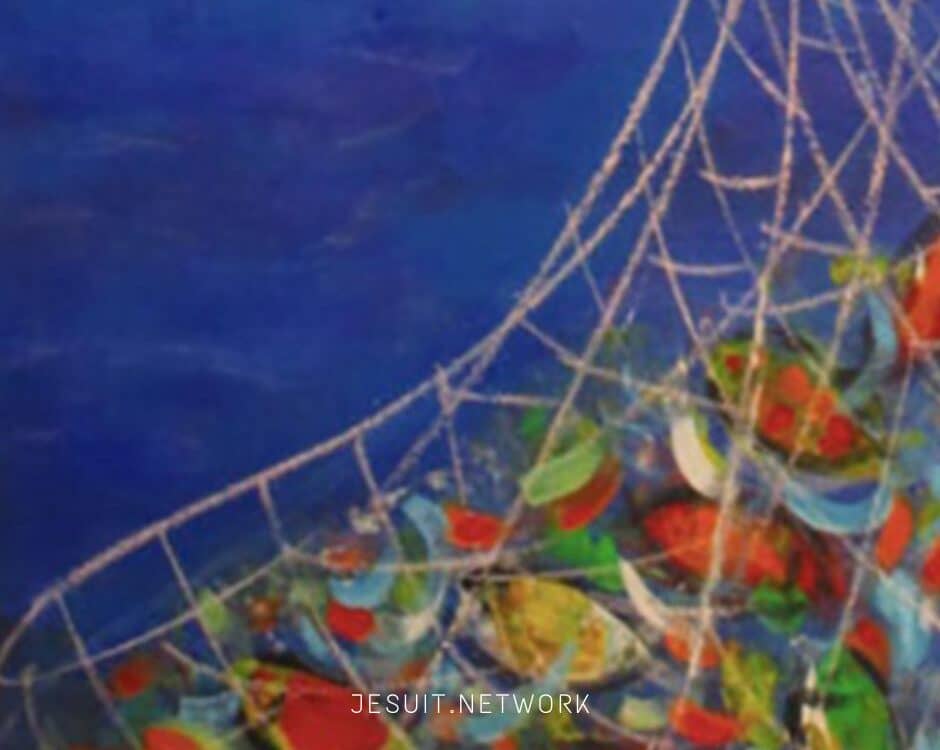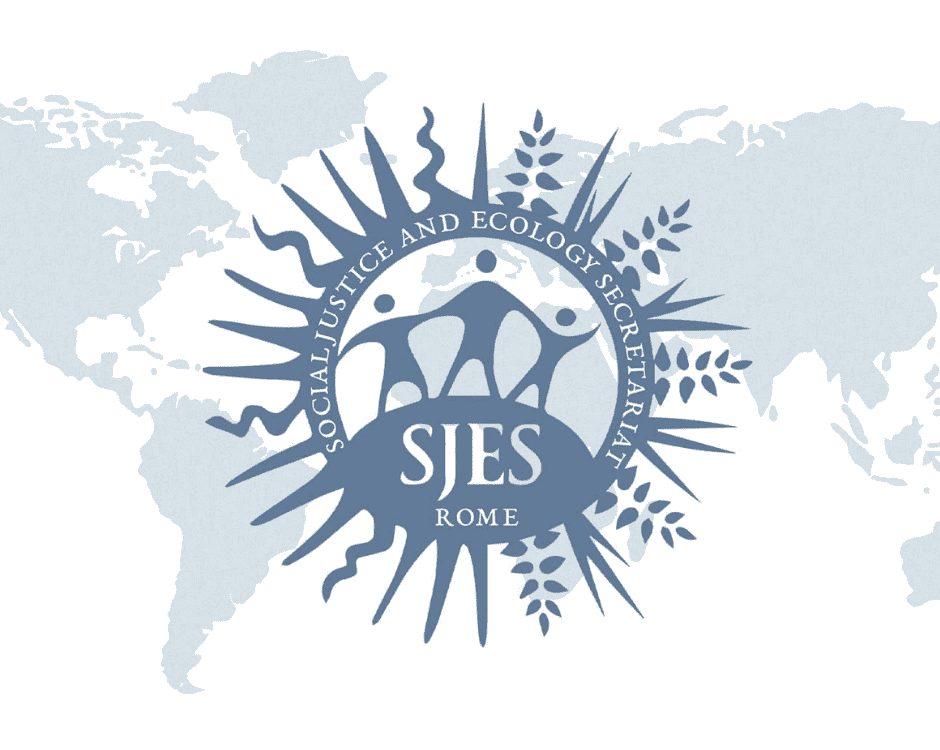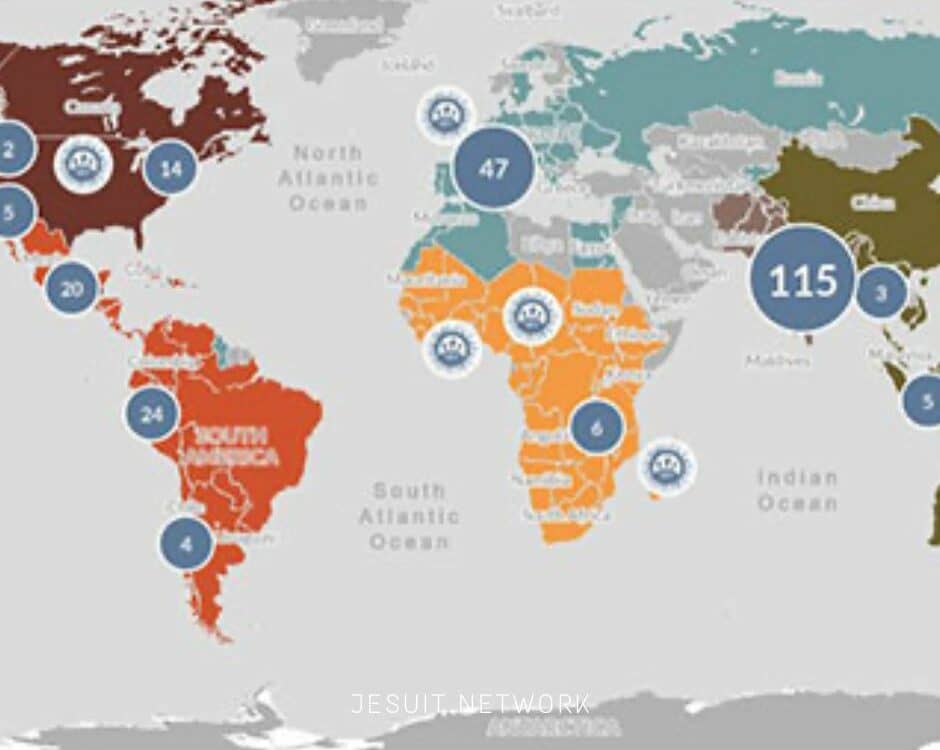This website uses cookies so that we can provide you with the best user experience possible. Cookie information is stored in your browser and performs functions such as recognising you when you return to our website and helping our team to understand which sections of the website you find most interesting and useful.
Ecological Networks in India
The West Zone of the South Asian Conference, comprising the four provinces of Bombay, Goa, Gujarat and Pune, successfully completed a three-day workshop on ‘West Zone Ecology Networks’. With the goal of strengthening the apostolic links between the four provinces, the four Provincials blessed the initiative and attended the Workshop either in person or by sending a delegate.
Based on a situational analysis of the alarming environmental degradation of the Western Zone of India and mapping all the activities done in the four provinces, the 65 participants went through a process of discernment and dialogue to decide on the priority areas/themes to be addressed. The participants were Jesuits, Religious Sisters, laywomen, and men engaged in grassroot ecology work.
Fr Xavier Jeyaraj, Secretary of the Social Justice and Ecology at the Roman Curia; Fr Pedro Walpole, Coordinator of GIAN-Ecology, Fr Martin Iriberri, Director ALBOAN, Spain; and Fr Stanislaus Tirkey, JCSA Secretary for Social Justice and Ecology, accompanied the Workshop.
The participants being persons already engaged in grassroot ecology work, the Workshop focussed not on analytical insights but on engaging the imagination – inviting the participants to visualise the exponential increase in apostolic impact if we worked not as individual institutions but as Networks. (At key points in the Spiritual Exercises, St. Ignatius employs the imagination to release interior energy for apostolic action.) The participants were then divided into six groups; each group was given a large sheet of paper, poster colours, and brushes and invited to enter into a non-verbal “spiritual conversation” using colour. The six canvases were a powerful ensemble of colours. Each group experienced a synergising of the energies released by their imaginations in conversation with the innate spiritual energies of the colours they used, resulting in the emergence of a collective imagination of two or three prioritised Networks for the West Zone.

After this exercise, the participants were led to a prayerful reflection on the meaning of partnership in mission. As Fr Arturo Sosa has frequently emphasised, we are engaged in God’s mission, not in our own mission. We Jesuits are also partners with others in this mission; we are not owners of the mission but partners.
After deliberation and discernment in province groups, the four thematic groups started the process of developing an outline of the future West Zone networks.The four themes/areas were:
● Natural Resource Management
● Renewable Energy
● Communication, Research and Advocacy
● Eco-education, Conscientization and Eco-spirituality.
In the groups, the effort was to listen to the Spirit rather than pushing one’s personal preferences. The first draft of the four networks came up for scrutiny and received feedback at the plenary session. In a subsequent panel discussion, the four experts offered valuable feedback, and having reworked their proposals, the four “interim” networks were presented to the plenary.
At the end of the day and before sharing the Eucharist, there was a moment of silence to share the movements experienced. Many acknowledged that they had felt increased hope, energy, and a sense of being equal partners in this life-mission. For many of us, there was an inner confirmation that we were led by the Spirit and not by a kind of “discursive” idea imposed on all. The passion to dare face the challenges was supported and strengthened by being not only individuals but also members of a group that the same Spirit shaped. Differences of opinion and approach did not become obstacles but were listened to with respect.
The Workshop ended with the four “interim” networks adopting a plan for the next 6 months and ensuring that all shared the responsibility for the follow-up. The responsibility of driving these interim networks and the next steps agreed upon have been clearly defined.
The ‘mantra’ that “networks are not easy” was often repeated. The conviction slowly grew that by discerning together and trusting the Spirit, we may be able to move ahead. Neither has every obstacle been cleared nor every question answered. The road ahead may have ‘twists and turns’, ‘ups and downs’. We do not know. But we feel confident to take small steps, one at a time.





